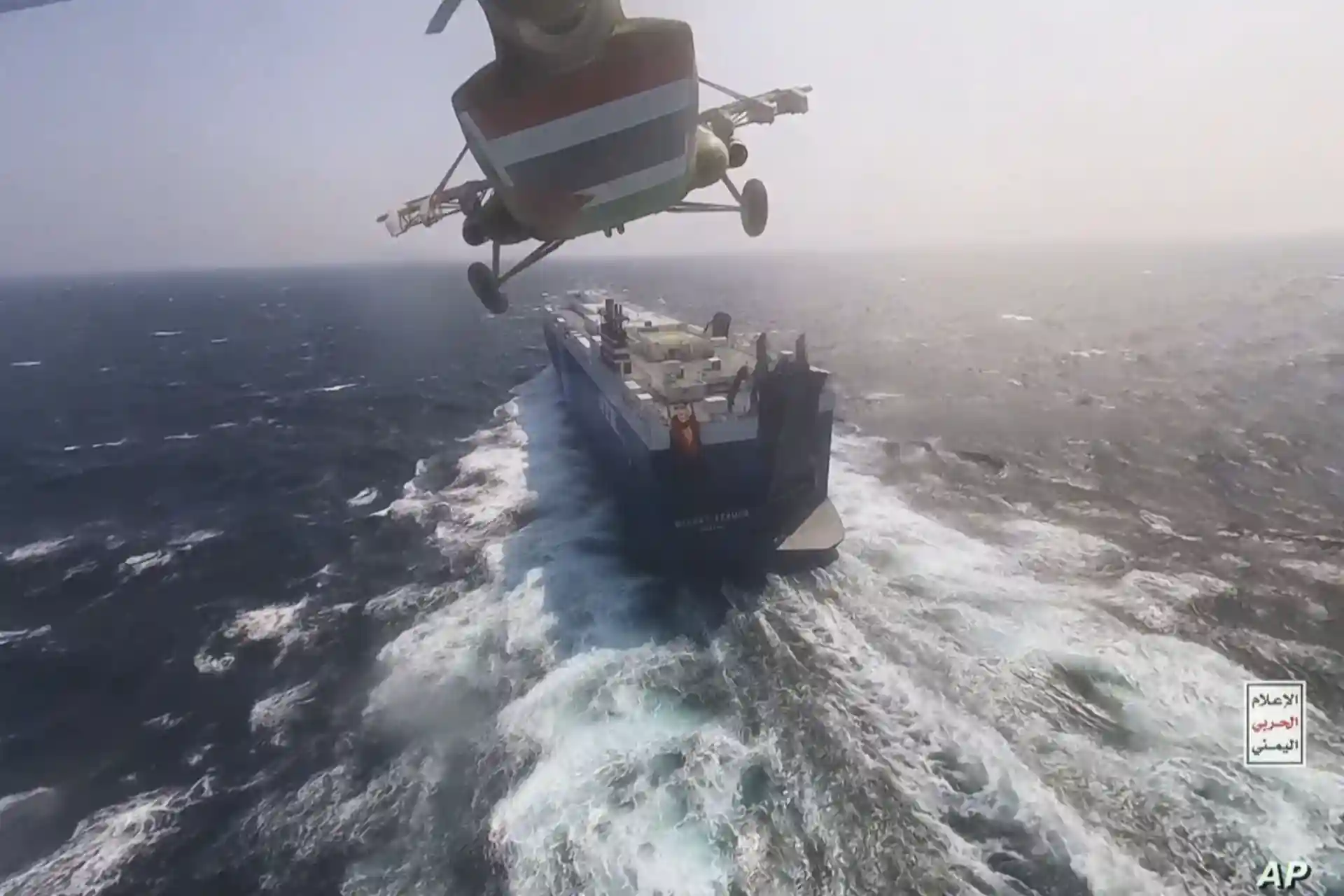22.12.2023 10:17
2584
Disorder in the Red Sea: who is the winner and who is the loser?
The United States has announced a plan to protect the freedom of shipping on its waterways, solemnly dubbed the "Prosperity Protector." But he immediately ran into a problem - everyone wants military protection, but no one is willing to provide it.
Canada says it has no ships to send to the Red Sea. Australia admitted that its 7 frigates and 3 destroyers could not withstand the Houthis' drones. The loss of any ship would be a serious blow to Australia's small fleet.
The Americans offered to protect only ships flying the US flag. But carriers are demanding protection for any Western ships. The American fleet may not be enough for this. Not being able to quickly "put out the Houthis" will damage the reputation of the United States in the world.
The winners were Russia, which promised to keep its shadow tanker fleet from touching the Houthis. Also, China - for it any logistics crisis in Europe will become a competitive advantage. Moreover, it will be easier for it to develop its own industry and, for example, to replace the stagnant European car industry with Chinese electric cars.
In addition, China is quietly building a military base in Oman. It now tries to use the instability in the Middle East to bypass the US and offer its security services. At the same time, the crisis in maritime shipping has led to the movement of tankers across Africa in the direction of the 18th century (https://www.bloomberg.com/news/articles/2023-12-21/twin-crises-send-shipping-18 -century-trade-routes) -. Transport costs have already risen by 40 percent, threatening the West with high inflation and commodity shortages in the run-up to Christmas.



